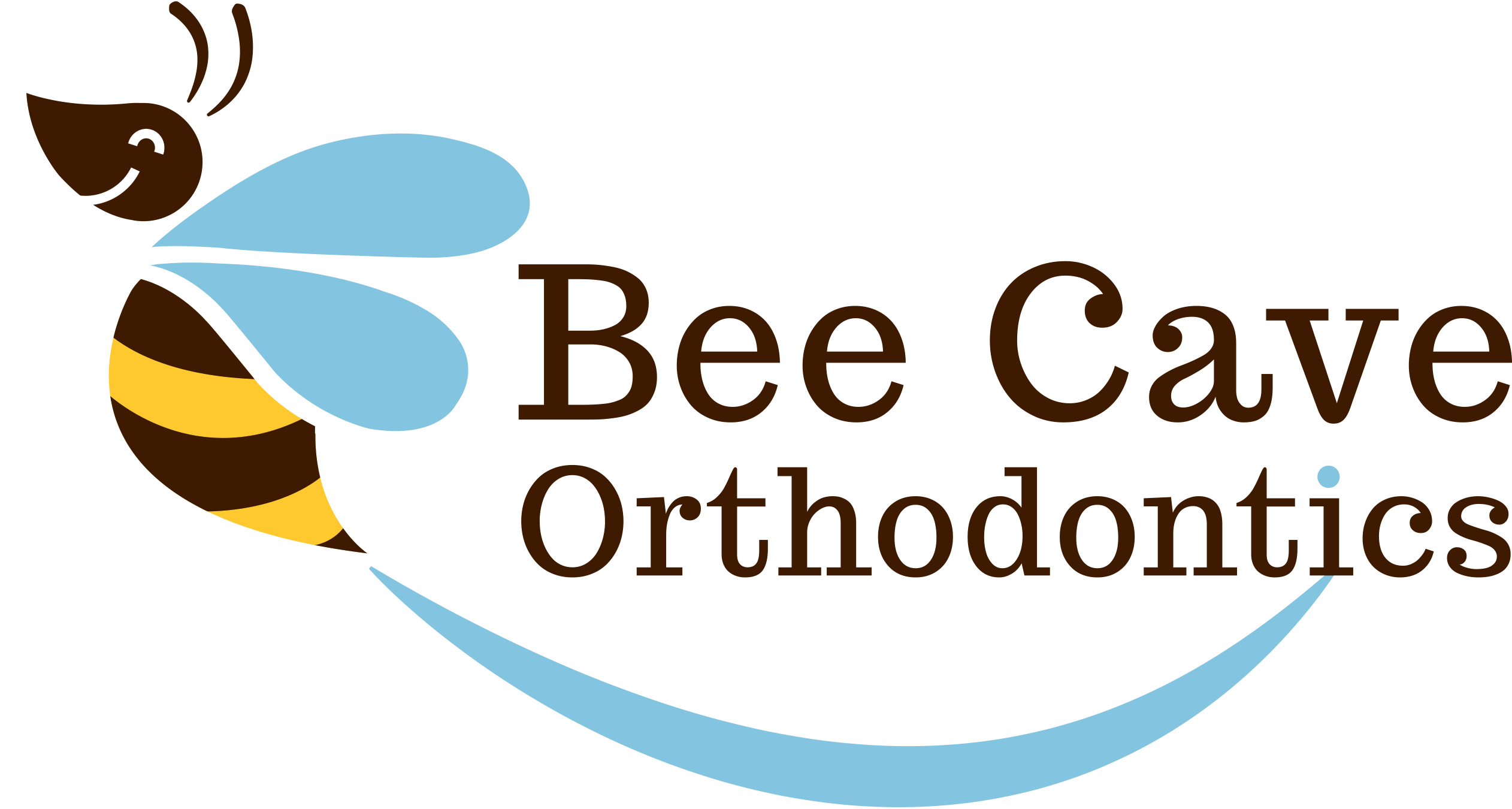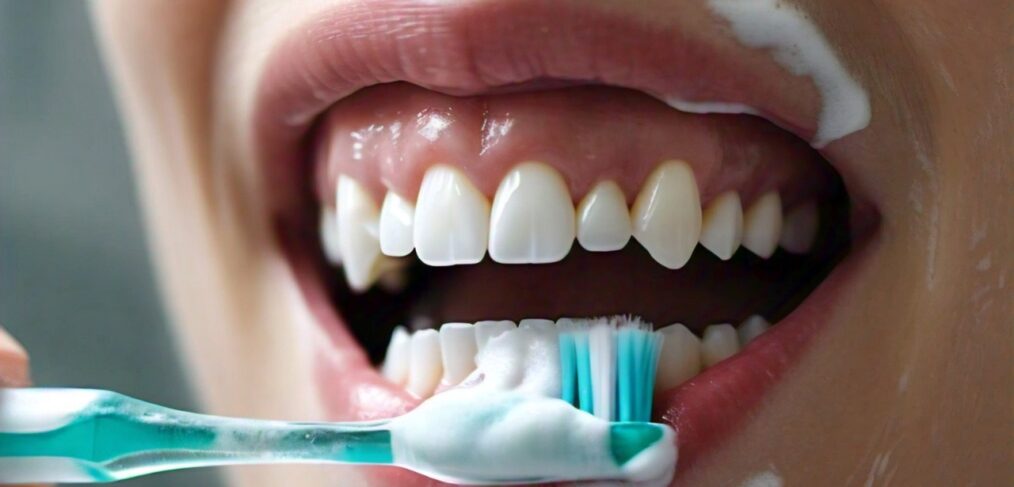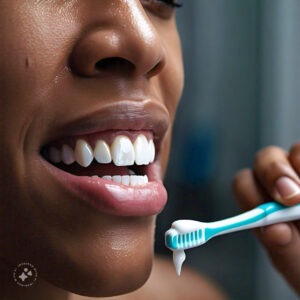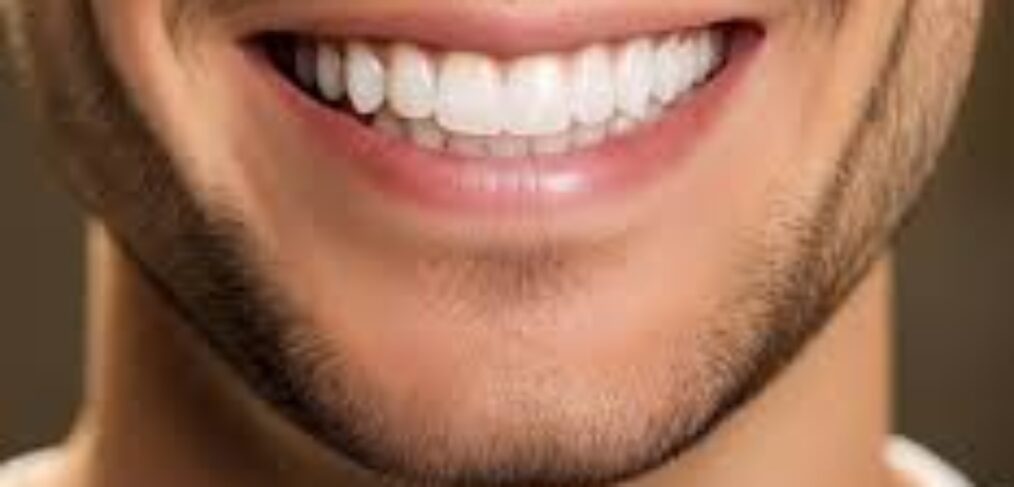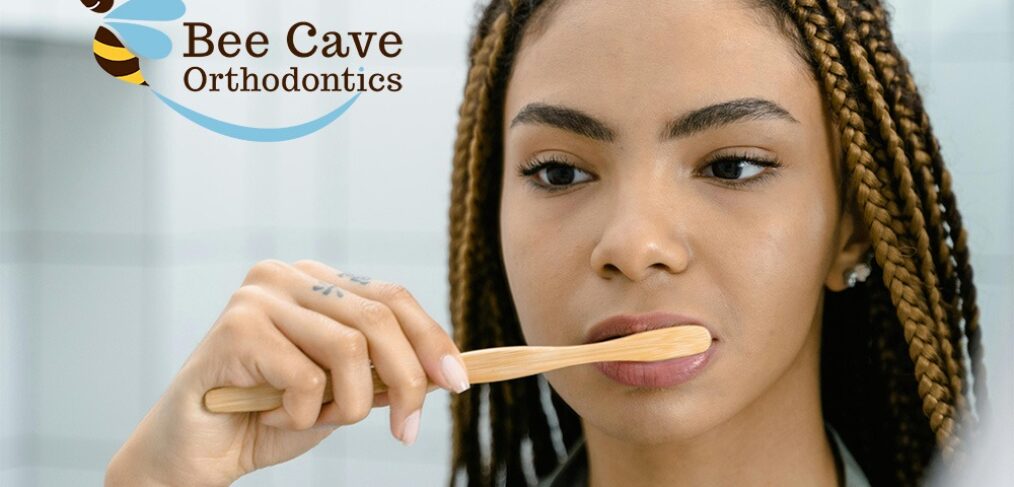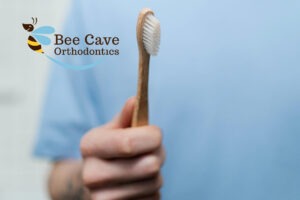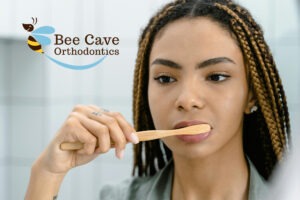ACL Music Festival: How to Maintain Oral Hygiene and Dental Health – Bee Cave Orthodontist – Austin, Texas
The Austin City Limits (ACL) music festival is one of the most anticipated events of the year, drawing people from across the country for a weekend of amazing performances, food, and fun. However, amidst the excitement, it’s easy to let personal hygiene, including oral care, slip through the cracks. Since festival days can be long, full of sugary treats and beverages, it’s important to be mindful of your dental health. By following a few simple steps, you can keep your smile fresh and healthy while enjoying the festival.

1. Pack Your Oral Care Essentials
When heading to ACL, you probably already plan to pack sunscreen, sunglasses, and a portable charger. Don’t forget to add some oral care essentials to your festival kit. A travel-size toothbrush, toothpaste, and floss can go a long way toward maintaining your oral hygiene throughout the day. After meals, it’s a good idea to take a quick moment to clean your teeth. If brushing isn’t possible right away, try to floss at least once during the day to remove food particles and reduce the risk of plaque buildup. Chewing sugar-free gum can also be a quick fix when you’re on the go, as it stimulates saliva production, helping to cleanse your mouth and protect your teeth from acids.
Having these small items handy can make a significant difference, especially with the sugary and acidic foods available at the festival.
2. Stay Hydrated with Water
It’s no secret that staying hydrated is crucial during the ACL festival, especially under the hot Texas sun. But staying hydrated isn’t just about avoiding heat exhaustion—drinking plenty of water is also essential for your dental health. Water helps rinse away food particles and bacteria, which can accumulate and contribute to plaque buildup, bad breath, and even cavities.
Additionally, choosing water over sugary or acidic drinks like sodas, energy drinks, and alcohol can help protect your enamel. Sugary beverages can cause plaque buildup and lead to tooth decay, while acidic drinks can erode your enamel, making your teeth more susceptible to damage. Make it a habit to drink water throughout the day and try to rinse your mouth with water after consuming sugary snacks or drinks to minimize their impact on your teeth.
3. Choose Tooth-Friendly Festival Foods
Festival food is part of the ACL experience, and with so many vendors offering everything from tacos to BBQ, it can be hard to resist indulging in all the delicious options. While it’s important to enjoy yourself, it’s also wise to choose foods that won’t harm your teeth. Opt for tooth-friendly foods like crunchy vegetables (carrots, celery), nuts, cheese, and other low-sugar options.
Cheese, for example, is a great snack that can actually help your teeth by neutralizing acids in your mouth and providing calcium to strengthen enamel. On the other hand, sticky and sugary snacks like candy, caramel apples, or soda should be limited, as they can cling to your teeth and increase your risk of cavities. If you do indulge in sugary or acidic foods, try to rinse your mouth with water or chew sugar-free gum to help clean your teeth when brushing isn’t possible.
4. Limit Alcohol and Sugary Beverages
While enjoying a cold drink is tempting, it’s important to be mindful of what you’re sipping on. Alcohol and sugary beverages, like sodas and cocktails, can be harmful to your teeth. Alcohol can dry out your mouth, reducing saliva production, which is your mouth’s natural defense against plaque buildup. Without enough saliva, bacteria can flourish, increasing your risk of cavities and bad breath.
Sugary beverages, on the other hand, can lead to tooth decay by feeding harmful bacteria in your mouth. The combination of alcohol and sugar can be especially damaging, so it’s a good idea to alternate between alcoholic drinks and water to minimize the impact on your teeth and keep yourself hydrated. If you’re enjoying an alcoholic beverage, consider choosing options with less sugar and always have a bottle of water on hand.
5. Carry Mouthwash for a Quick Freshen-Up
If brushing your teeth isn’t an option at the festival, carrying a small bottle of mouthwash can help keep your breath fresh and your mouth clean. Opt for an alcohol-free mouthwash to avoid further drying out your mouth. A quick rinse with mouthwash can kill bacteria, freshen your breath, and provide a clean feeling when you’re on the go.
While mouthwash shouldn’t replace brushing and flossing, it’s a handy backup plan for when you’re at the festival and don’t have access to a bathroom or a place to brush your teeth. You can keep a small, portable bottle in your bag for a quick and easy way to maintain your oral hygiene throughout the day.
6. Snack Smartly Between Sets
Festival days can be long, and snacking between sets is inevitable. Try to reach for snacks that are better for your teeth. Crunchy vegetables like carrots and celery are great because they naturally clean your teeth while you chew, acting almost like a natural toothbrush. Apples are another good choice as they are high in water content and help stimulate saliva production, which cleanses your mouth. If you’re craving something savory, opt for nuts, which are low in sugar and full of nutrients that can strengthen your teeth.
Avoid sticky snacks like caramel or taffy, which can cling to your teeth and be difficult to clean off. If you do indulge, be sure to rinse with water or chew sugar-free gum to help clear away any lingering sugars.
7. Schedule a Post-Festival Dental Checkup
After a weekend of dancing, singing, and festival fun, it’s a good idea to book a dental checkup. Even with the best efforts, festivals can be rough on your teeth, especially if you’ve indulged in sugary foods or skipped brushing a few times. Your dentist can give your teeth a thorough cleaning, check for any issues like plaque buildup or cavities, and ensure your oral health is back on track after ACL.
Schedule a Free Consultation!
The ACL Music Festival is a time for fun, excitement, and memories, but that doesn’t mean your dental health should take a back seat. By packing a few essentials, staying hydrated, and being mindful of your food and drink choices, you can keep your smile fresh and healthy throughout the festival.
Enjoy the music and the atmosphere, but don’t forget to take care of your teeth along the way!
If you’re in Austin, Texas, and looking to begin your smile journey, don’t hesitate to reach us and schedule your consultation!
Click here to schedule a free consultation!
We appreciate your support and look forward to continuing to provide exceptional orthodontic care to the Austin community.
Want to get to know us a little better? Check out our YouTube Videos!
